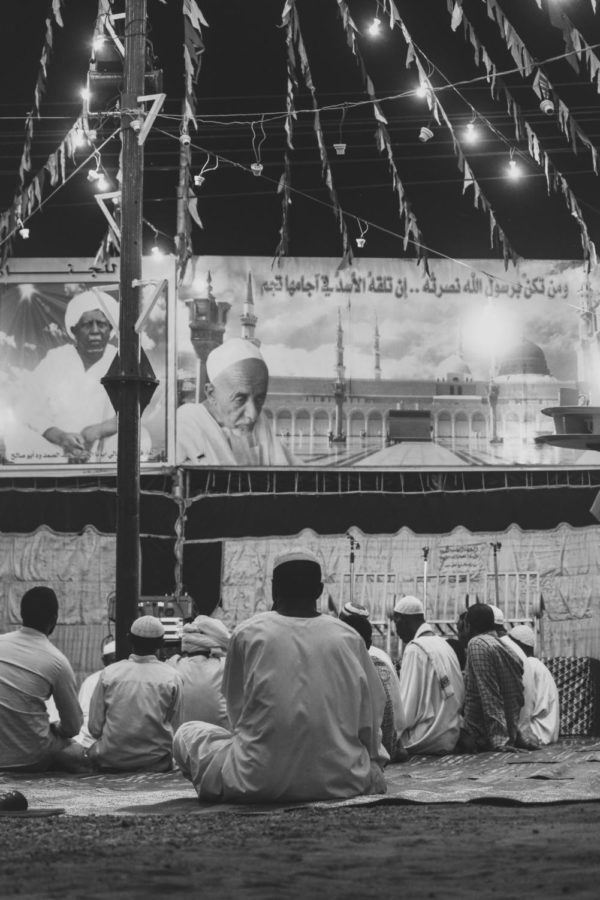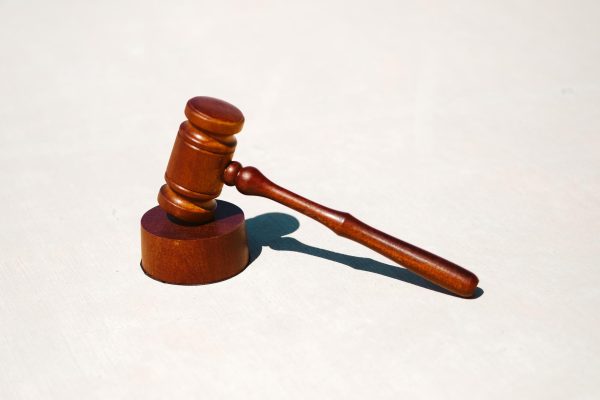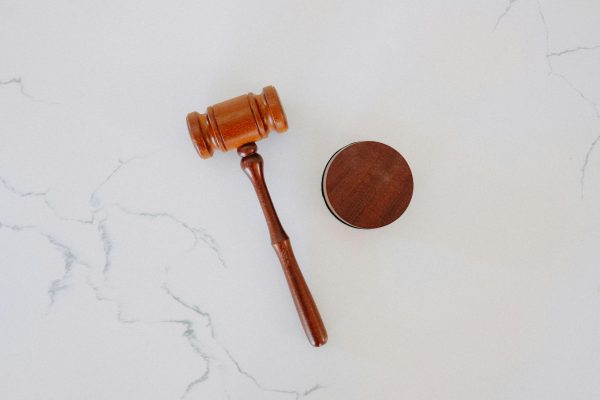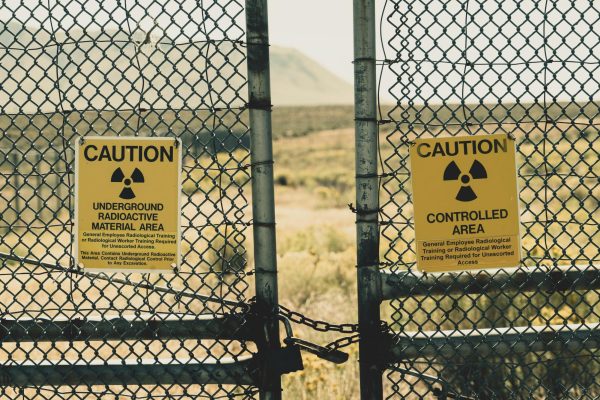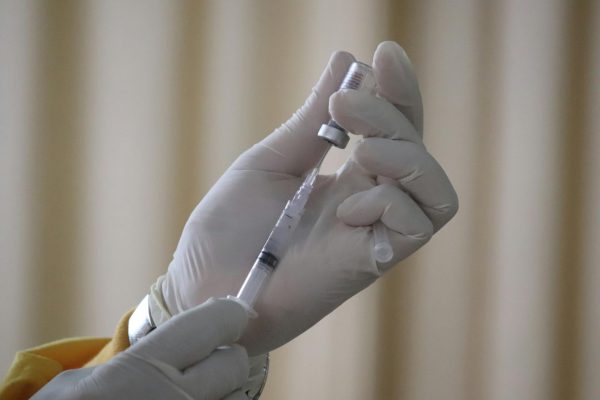Military Coup in Sudan Threatens Democratic Progress
November 10, 2021
On October 25, 2021, the Sudanese military, led by General Abdel Fattah Al-Burhan, took control of Sudan’s government in a military coup. The military detained the prime minister and other civilian political leaders. The military chief, Al-Burhan, reportedly announced in a news conference that he was dissolving the country’s joint civilian-military government and imposing a state of emergency. Al-Barhan said the dispute between factions caused military intervention.
Over the course of several weeks, signs of the military’s plot for a takeover had been growing more prominent. Most clear was the military’s growing desire for power and intent of protecting their own interests. Prior to the coup, tensions in the process and pace of Sudan’s transition to democratization had also been increasing. The coup has reduced hopes of a democratic movement in Sudan.
Al-Burhan said the military will appoint a technocratic government to lead the country to elections, set for July 2023. But he made it clear that the military will remain in charge.
“The Armed Forces will continue completing the democratic transition until the handover of the country’s leadership to a civilian, elected government,” he said. He added that the constitution would be rewritten and a legislative body would be formed with the participation of “young men and women who made this revolution.”
The takeover, which drew condemnation from the United Nations, the United States and the European Union, came just weeks before the military was supposed to hand over the leadership of the council that runs the country to civilians. The U.N. Security Council scheduled an emergency closed meeting on the Sudan coup on October 26. There, the United States, United Kingdom, France, Ireland, Norway and Estonia requested urgent consultation.
The location of the prime minister has remained unclear. When asked if the U.S. government knew his location, Ned Price, a State Department spokesman, said, “We have not been in touch with the prime minister.”
Shortly after the coup, Sudanese civilian leaders urged citizens to take to the streets to defend the transition to democracy. “The revolution is a revolution of the people,” said the Sudanese Professionals Association, which is led by doctors, engineers and lawyers, in a Facebook post. “Power and wealth belongs to the people. Not to a military coup.”
In protest, thousands of protesters flooded into the streets of the capital, Khartoum. Television broadcasts showed images of people burning tires while a cloud of smoke rose into the sky. Shortly thereafter, however, the Ministry of Information announced that the internet connection was cut, which has made it difficult to know what was really happening in the country.
Activists demanding that the military does not play a part in politics have announced a schedule of protests leading up to mass rallies on November 13 under the slogan “No negotiation, no partnership, no compromise.” Hundreds of thousands took to the streets against military rule in two demonstrations before and after the October 25 coup.
Soldiers reportedly gunned down protesters gathered outside the army headquarters in Khartoum. A doctors’ group reported that at least three had been killed and more than 80 wounded.
Western countries have paused economic assistance to Sudan and say that relief on tens of billions of dollars of foreign debt is at risk unless there is a return to the democratic transition.


